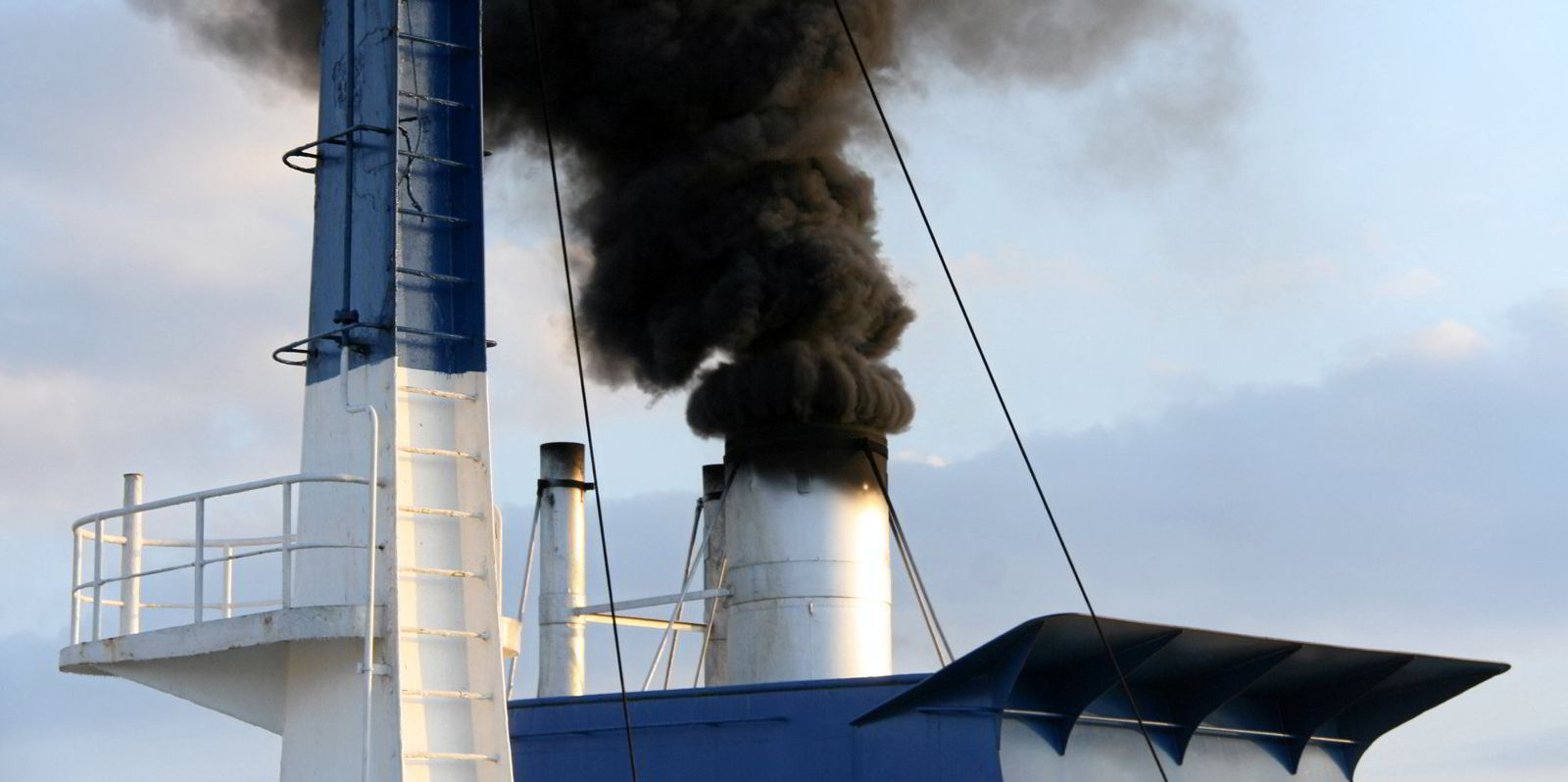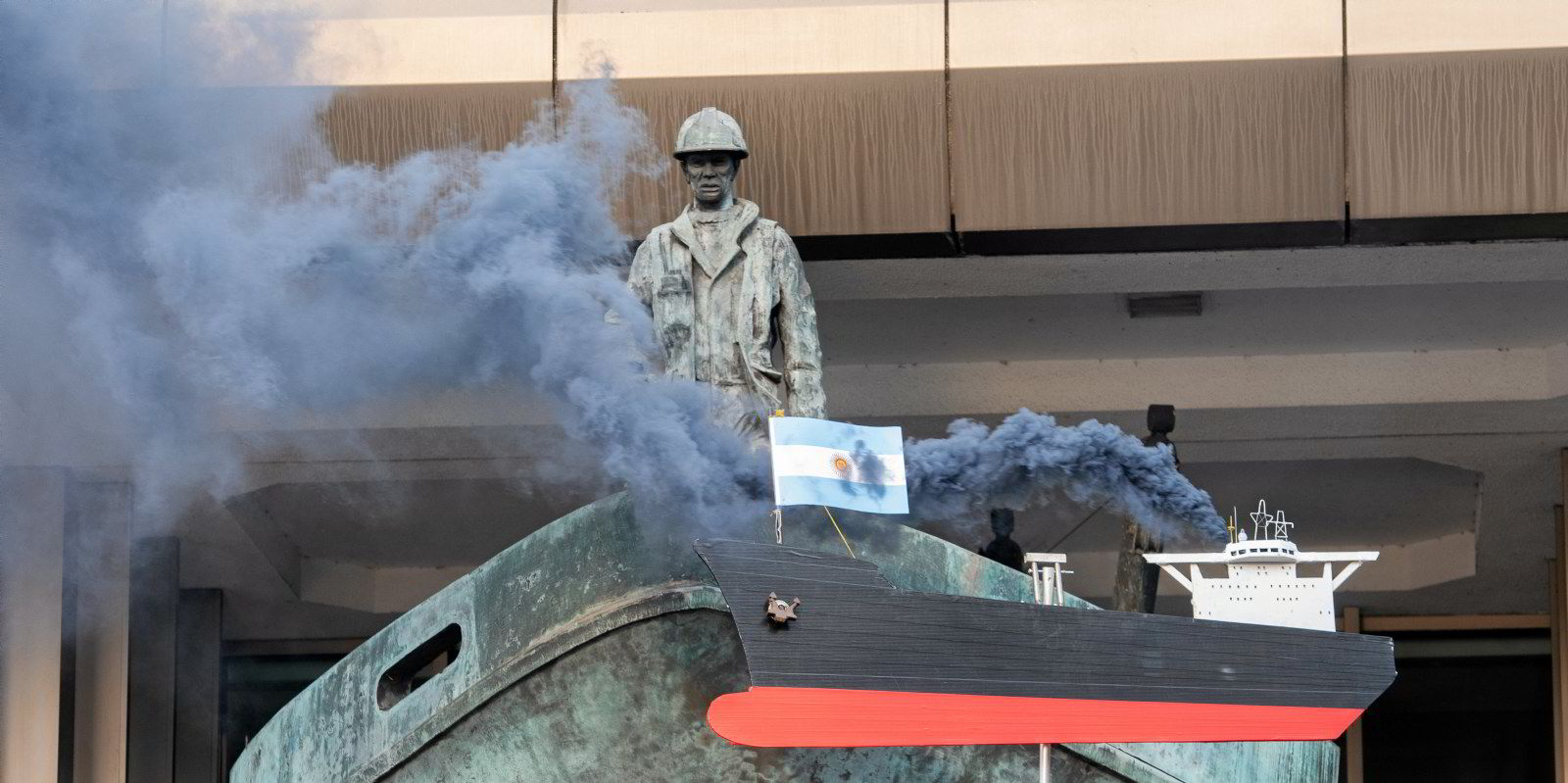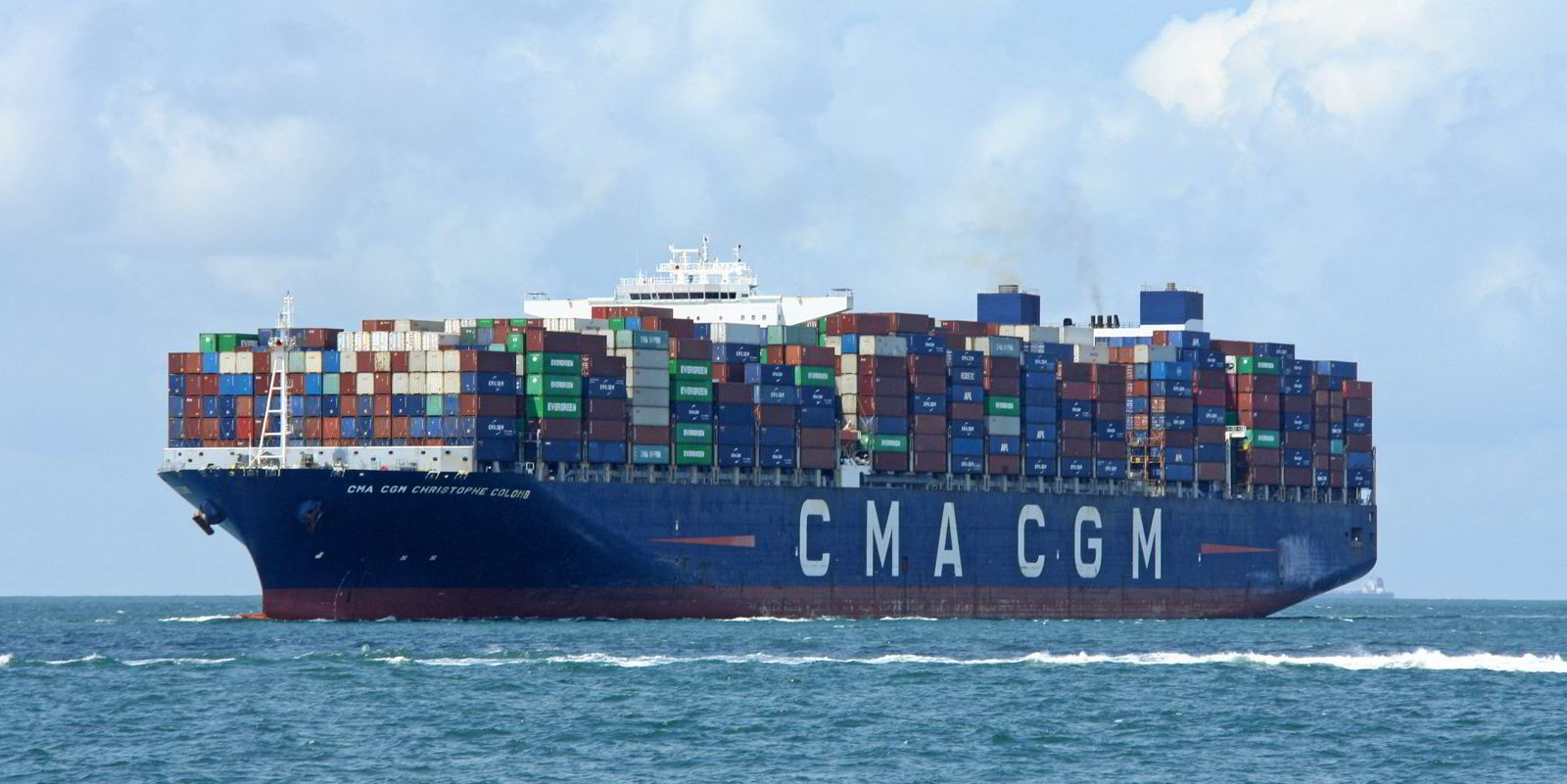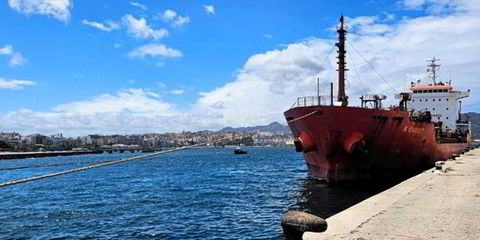The European Union’s controversial carbon emission trading scheme looks set to get off the ground on schedule next year without a hint of a legal or diplomatic challenge.
However, the EU Emissions Trading System (EU ETS) has ruffled feathers.
The International Chamber of Shipping and other shipowner lobby groups have questioned the fairness of including emissions that occur outside EU waters.
It has also been pointed out that regional moves go against efforts at the International Maritime Organization to develop global market-based measures — or MBMs — to encourage decarbonisation.
Some believe the new regime amounts to little more than a regional revenue collection system dressed up as a decarbonisation drive.
But, as the clock ticks down, governments have yet to table any sort of challenge.
Neither does there appear to be any tit-for-tat retaliatory moves on the horizon.
“We know at the ministry of transport level in countries like Japan and China there is a lot of frustration over the EU ETS,” one industry pundit working closely with governments on decarbonisation said.
“It is just that they have not been able to escalate this further to make any formal complaint. There are so many other things going on at the moment,” he added, referencing the current geopolitical situation globally.
To placate any opposition, EU member states have been keen to demonstrate at the IMO that they are still committed to developing a global MBM to incentivise decarbonisation.
The EU has tabled an international levy on carbon emissions that could work alongside a global fuel standard.
Fit for 55
The bloc is already introducing a regional fuel standard as part of its Fit for 55 programme.
A global fuel standard has also emerged as the IMO’s main technical measure to achieve decarbonisation and has widespread support.
This would set limits on the carbon intensity of fuel, which would tighten over time to match the IMO’s commitment to decarbonise by 2050.
The EU’s floated international levy would be non-mandatory and include what it describes as a voluntary flexibility mechanism.
The voluntary element recognises that low-emission fuels will be difficult to procure, particularly in the early years of the energy transition.
Shipowners could earn what the EU describes as flexible compliance units for ships that outperform the global fuel standard, which could then be used to cover other ships in a fleet that might fall short.

That scheme would run alongside a carbon levy, which appears to be the IMO’s favoured MBM to raise funds and encourage decarbonisation.
Under the levy, shipowners who outperform the global fuel standard would pay less, while those who continued to use high-carbon emitting fuels would pay more.
In a joint submission to the global shipping regulator, EU member countries said: “Combined with the global fuel standard, the role of the MBM would be to assist and facilitate the transition by providing economic incentives for the use of low and zero greenhouse gas fuels, narrowing the price gap between the latter and traditional fuels as well as for deploying solutions improving energy efficiency.”
The EU is suggesting that funds raised through the levy could be used for research and development and towards promoting a “fair and equitable transition”.
That will mean redistributing funds to developing economies and those states affected economically by decarbonisation.
It is a complicated structure but the EU has been keen to emphasise that the global fuel standard’s flexible credit scheme and levy would not result in double payments for shipowners.
The general idea is to compensate owners who are pacesetters in the decarbonisation race while accepting that there will be a significant number of ships operating on conventional fuel in the early years of the fuel transition.
The EU is hoping to find common ground with other proposals such as Japan’s feebate scheme and China’s idea for an International Maritime Sustainable Fuels and Fund.
However, it has yet to be addressed how the EU ETS will fit with an international MBM.





